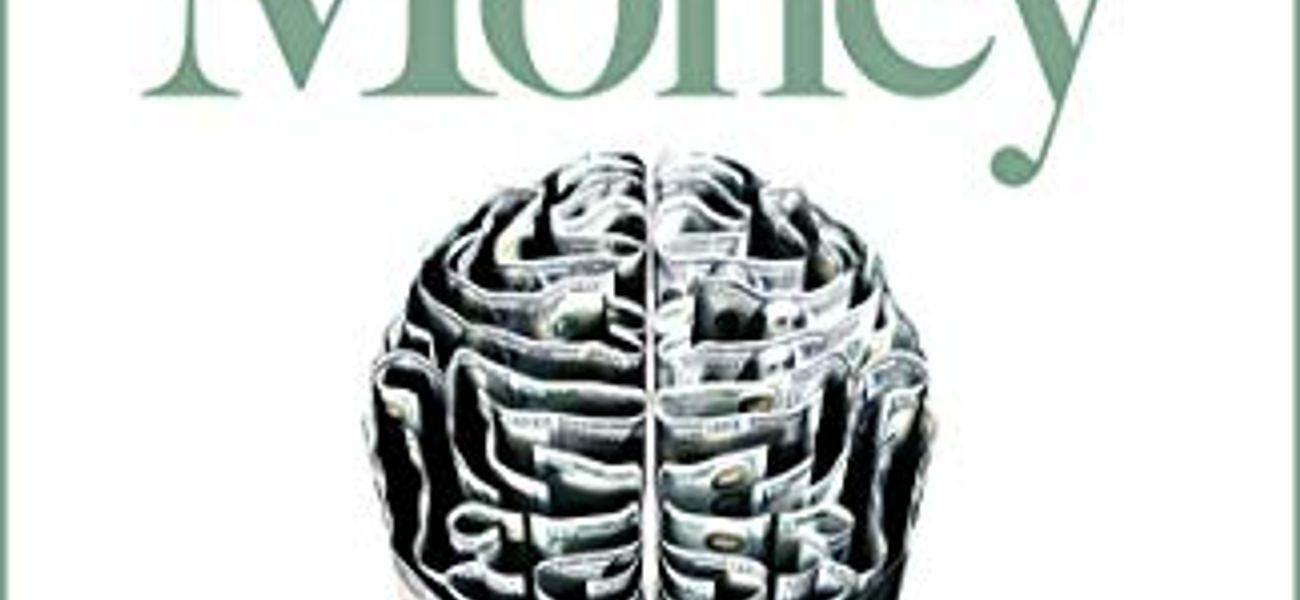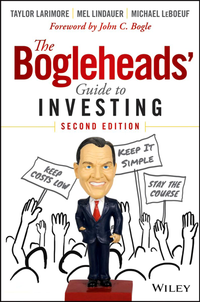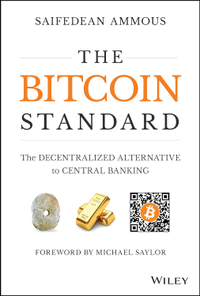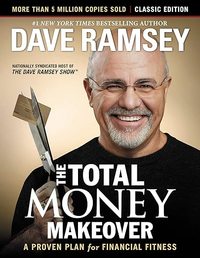
The Psychology of Money
The Psychology of Money” by Morgan Housel is a fantastic read that delves into how our behavior and mindset shape our financial decisions. It’s not just about the technicalities of money management; this book explores the often-overlooked psychological and emotional aspects of dealing with money. Housel highlights that personal finance is more personal than it is finance. People come from different backgrounds and have different experiences with money, which influences their financial decisions.
This means that two people can have the same financial information yet arrive at completely different decisions based on their beliefs, ego, and experiences. One of the key insights from the book is the concept of ‘enough’. Housel discusses the importance of knowing what enough means to you. It’s easy to get caught up in the race for more - more money, more assets, more success. But understanding your own ‘enough’ is crucial for satisfaction and happiness. This isn’t just about limiting yourself; it’s about recognizing where your personal goals and contentment lie.
The book also stresses the importance of saving, not just for financial security, but also for the freedom and choices it provides. It’s about the ability to live life on your own terms. Housel advocates for the idea that saving is a form of purchasing freedom. Another important lesson is understanding the role of luck and risk in financial success. Sometimes, financial outcomes are outside of our control, and acknowledging this can lead to better decision-making and less stress about the unpredictable nature of life.
The Psychology of Money” is a must-read for anyone looking to understand the softer side of finance. It’s about understanding yourself and your relationship with money, which is critical for making wise financial decisions. Again, while the book offers invaluable insights, always consider your unique situation when applying its lessons.


